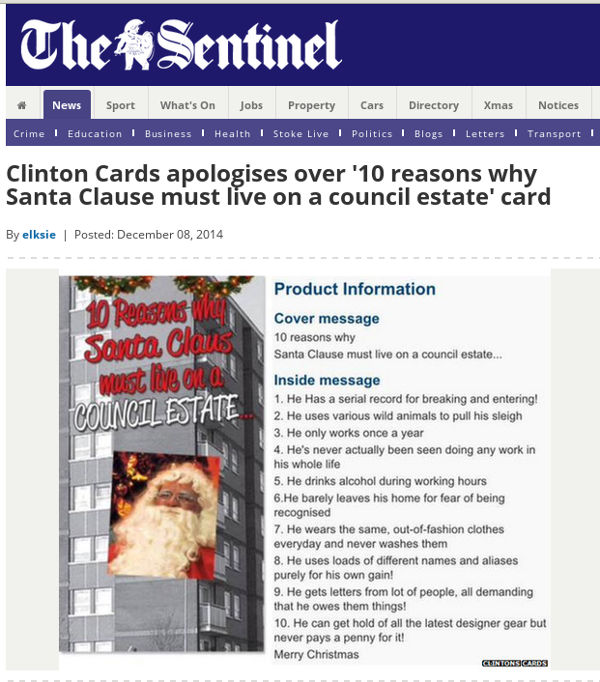Earlier this week Bristol University announced the opening in Bristol of Europe’s first speech laboratory designed to break down communication barriers faced by those who speak English as a second language.
 In a linguistically diverse society, with many people speaking English as their second language, researchers at Bristol University are pioneering a new approach to help understand how factors such as accent influence communication.
In a linguistically diverse society, with many people speaking English as their second language, researchers at Bristol University are pioneering a new approach to help understand how factors such as accent influence communication.
The speech lab, which is funded by the European Commission through a four-year €100,000 Marie Curie grant, uses state-of-the-art audio technology to capture and analyse second language speech samples and to train people to assess the speech in a purpose-built environment.
The insights gained will then be used to train those who speak English as a second language and also to improve the teaching of English by targeting the elements of speech most likely to achieve successful communication.
Dr. Talia Isaacs, Director of the Second Language Speech Lab, conducts research at the lab as part of a research programme with international collaborators to identify aspects of speech that are most important for engaging in effective communication when English is not the speaker’s primary language.
 She said: “Reducing language barriers is a pressing social and educational challenge, especially in countries like the UK where the linguistic palette is very rich.
She said: “Reducing language barriers is a pressing social and educational challenge, especially in countries like the UK where the linguistic palette is very rich.
“Improving oral communication skills for non-native English speakers will help with many aspects of everyday life – from success in the workplace and in education to improving social integration and accessing vital services.
“Although accents are very noticeable to listeners and may lead to social stereotyping, someone who sounds different is not necessarily communicating ineffectively. In fact, a whole host of factors, such as pronunciation, grammar and vocabulary, contribute to the successful transmission of a message. So we often need to listen beyond the accent.
“Research conducted at the lab will enable us to study the linguistic factors that contribute to breakdowns in communication in greater depth and identify ways to mitigate these.”
By way of an example, future research could collect data from GP consultations, where either the doctor or the patient is speaking English as a second language. This could help to ensure such consultations are conducted with greater clarity.
Furthermore, there could be instances where engineers from various countries are collaborating on a joint project and there’s a need to ensure that everyone fully understands each another and can communicate their findings effectively.
 Local papers around the country,
Local papers around the country, 


 In a linguistically diverse society, with many people speaking English as their second language, researchers at Bristol University are pioneering a new approach to help understand how factors such as accent influence communication.
In a linguistically diverse society, with many people speaking English as their second language, researchers at Bristol University are pioneering a new approach to help understand how factors such as accent influence communication. She said: “Reducing language barriers is a pressing social and educational challenge, especially in countries like the UK where the linguistic palette is very rich.
She said: “Reducing language barriers is a pressing social and educational challenge, especially in countries like the UK where the linguistic palette is very rich.
 Language is dynamic, constantly mutating and changing. One sign of this dynamism is the appearance of
Language is dynamic, constantly mutating and changing. One sign of this dynamism is the appearance of  The Post has exclusively revealed that
The Post has exclusively revealed that 